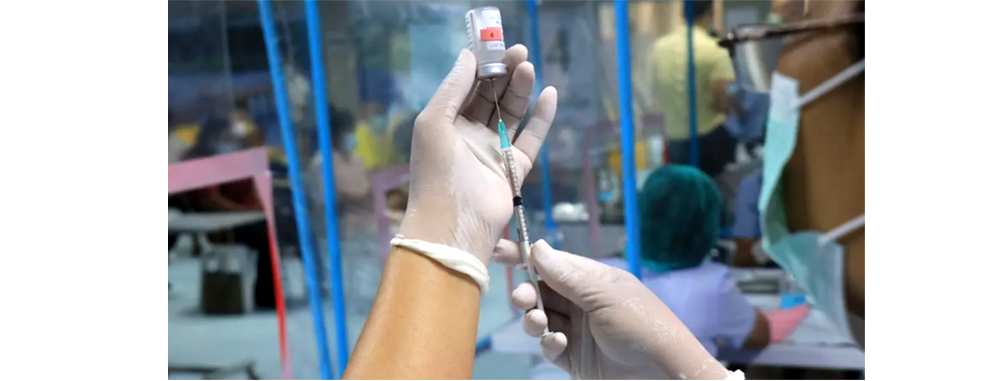by Kristen Ku
BELIZE CITY, Thurs. May 9, 2024
The Oxford-AstraZeneca Covid vaccine, once recognized as a breakthrough in the global fight against the pandemic, is being withdrawn from markets worldwide.
This decision follows months of scrutiny after AstraZeneca acknowledged in court documents that the vaccine could cause a rare but serious side effect known as Thrombosis with Thrombocytopenia Syndrome (TTS), which has been linked to blood clots and low blood platelet counts.
The news of its withdrawal has been felt globally, affecting countries that relied on it during the height of the pandemic.
The vaccine was particularly significant due to its affordability and easier storage requirements compared to other COVID-19 vaccines, making it an important component of early pandemic response efforts, especially in less affluent nations.
The move to pull the vaccine began in the European Union after AstraZeneca voluntarily withdrew its marketing authorization. The application for withdrawal was filed on March 5 and became effective shortly after.
The UK and other regions where the vaccine was previously authorized are expected to follow behind.
AstraZeneca has cited “commercial reasons” for the withdrawal, stating that the vaccine was no longer being produced or supplied due to the availability of updated vaccines designed to treat new variants of the virus. However, the timing of the withdrawal has raised questions, as it coincides with ongoing legal cases and mounting evidence of the vaccine’s potential risks.
Over 50 legal claims have been filed in the UK by individuals and families affected by TTS, arguing that the vaccine’s risks were not as minimal as initially portrayed.
Nevertheless, the company has expressed pride in the role it played in combating the pandemic.
According to AstraZeneca, independent estimates suggest that the vaccine saved over 6.5 million lives in its first year of use alone, with more than three billion doses distributed worldwide.
In the UK, the use of the Oxford-AstraZeneca vaccine was largely phased out by late 2021, and was replaced by Pfizer and Moderna vaccines for the winter booster campaign.
We reached out to the Ministry of Health and Wellness for a comment; however, they declined, citing the fact that the vaccine is produced by a private company.
We also reached out to the Pan American Health Organization (PAHO) in Belize for an interview; however, they were also unable to comment, as they await official word from their headquarters.

